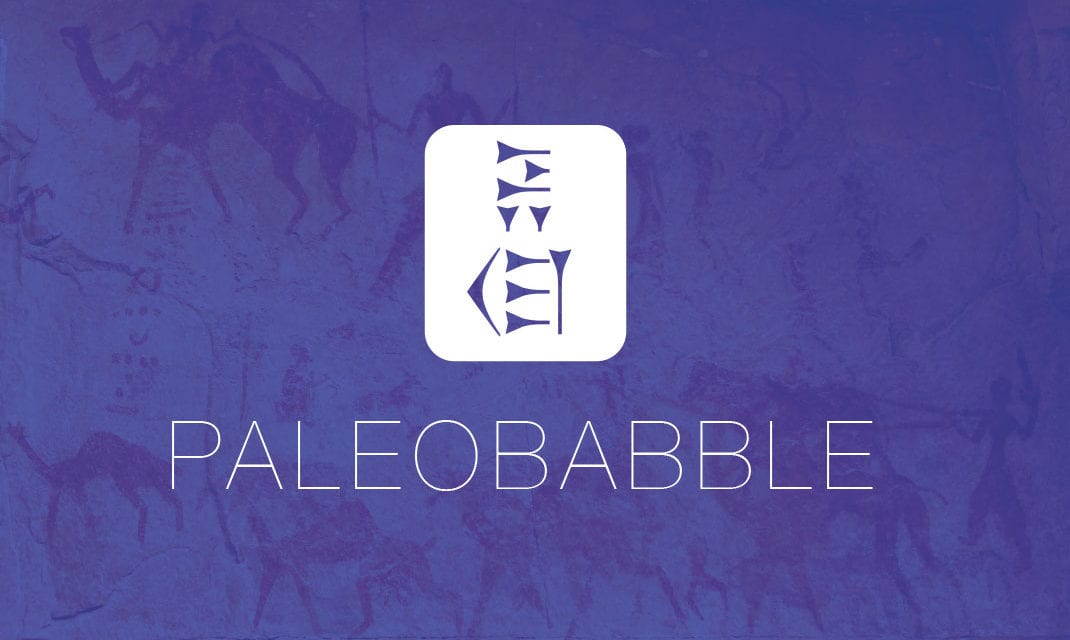I am frequently asked for my opinion on the Book of Jasher and the Book of Gad the Seer (more properly called the Chronicles of Gad the Seer, per 1 Chron 29:29). There are books by both titles floating around (typically on the internet) that purport to be these ancient source texts from the biblical (OT) time period. They aren’t. Books you might see online or buy in some form are not the authentic source texts referred to in the Bible. They are not books that belong in the Bible. They aren’t even ancient.
I have blogged before about the so-called book of Jasher. The link includes a short peer-reviewed article on the recent book purporting to be the ancient source text.
For this post, I want to add something about the Chronicles of Gad the Seer. Most scholars (actually, I don’t know any exceptions) don’t think the book that moderns know by this title is the lost OT book. Fortunately, there is a fine peer-reviewed article on the literary work that purports to be the Chronicle of Gad the Seer: Meir Bar-Ilan, “The Date of The Words of Gad the Seer.” Journal of Biblical Literature 109.3 (1990): 475-492. It’s available on academia.edu so I have posted it here:
The introduction to the article reads in part:
The purpose of this paper is to discuss a “new” book by the name of The Words of Gad the Seer. This is an apocryphal Hebrew book known only from a unique manuscript that was copied at Cochin, India, in the middle of the eighteenth century. At the beginning of the nineteenth century it was purchased by the University of Cambridge, England, and since then it has been there. The name of the book, together with other extra-biblical books that were in the possession of the Jews of Cochin, has appeared in print in German, Hebrew, and English during the last two centuries. Nevertheless, this book is almost unknown to the scholarly world. The aim of this article is not only to draw attention to this book but also to demonstrate its significance by evaluating its date.
Bar-Ilan concludes the book is very old, but not the book referred to in the OT:
The Words of Gad the Seer treated here is not the book that was in existence in biblical times and was apparently lost. The book discussed here was composed in one of the early centuries of this era, but was noticed only at the end of the eighteenth century. When the book was discovered, it was thought to be a medieval work and was assumed to be of little value. Contemplating the different proofs of its date of composition shows that the arguments for its lateness are outweighed by evidence of its early date. Nevertheless, even if one believes that the book is late, its importance is unquestionable. Its value lies in showing the modern scholar some of the techniques of the editors of the biblical narrative. It presents apocalyptic visions and perhaps supplies the missing verse in Psalm 145. Of further importance is the contribution of this book to the knowledge of the Hebrew language in the first centuries of this era: Biblical Hebrew on the one hand and philosophical Hebrew on the other. Above all, this book might enhance our understanding of the book of Revelation and the literature of that period in general; and the history of the Jews of Cochin would not be the lesser for it.
In short, the book has value, but isn’t to be regarded as a lost book of the canon.





“For this post, I want to add something about the Chronicles of Gad the Seer. Most scholars”
How does this paragraph end?
good catch – it’s a typo. I fixed it. Thanks!
it was a typo. now fixed.